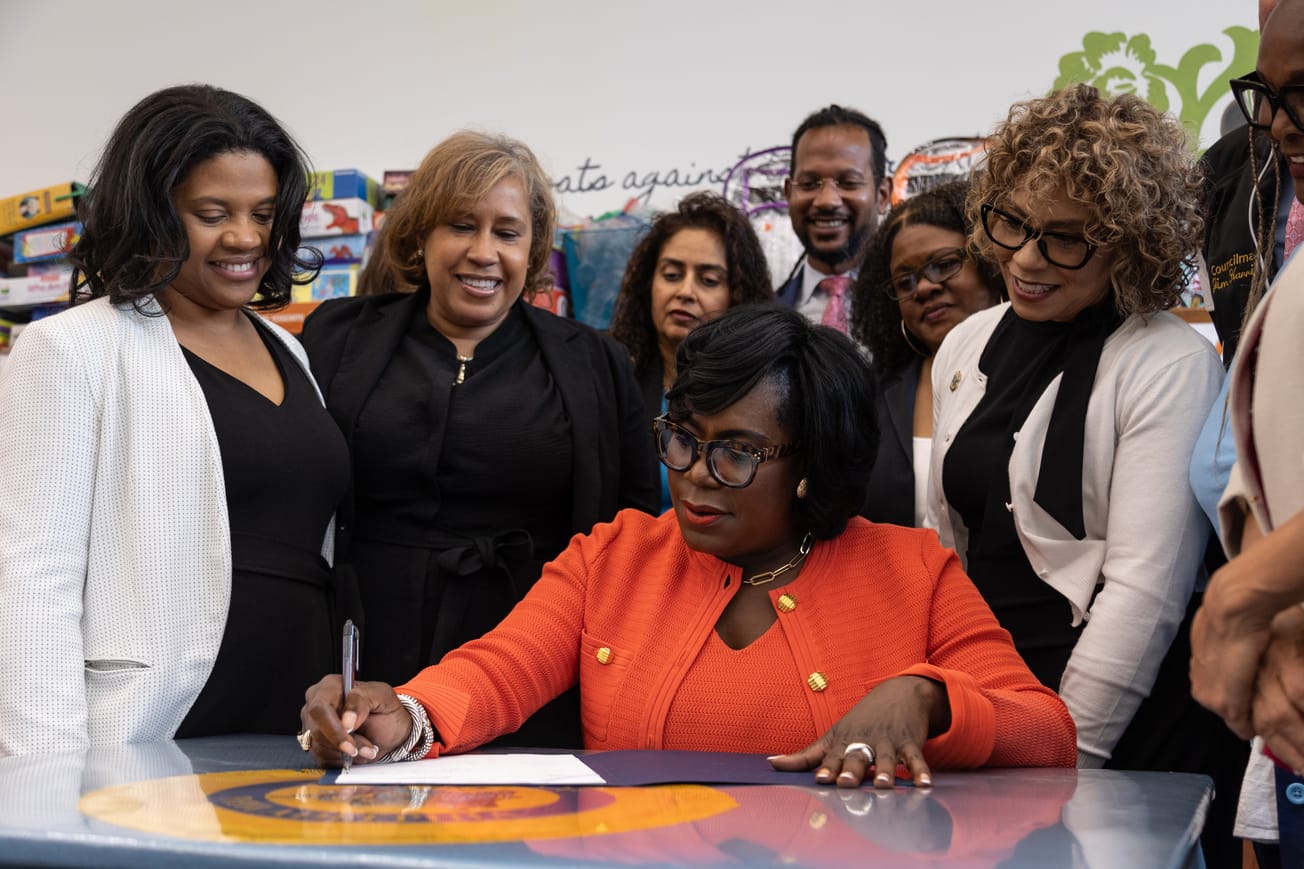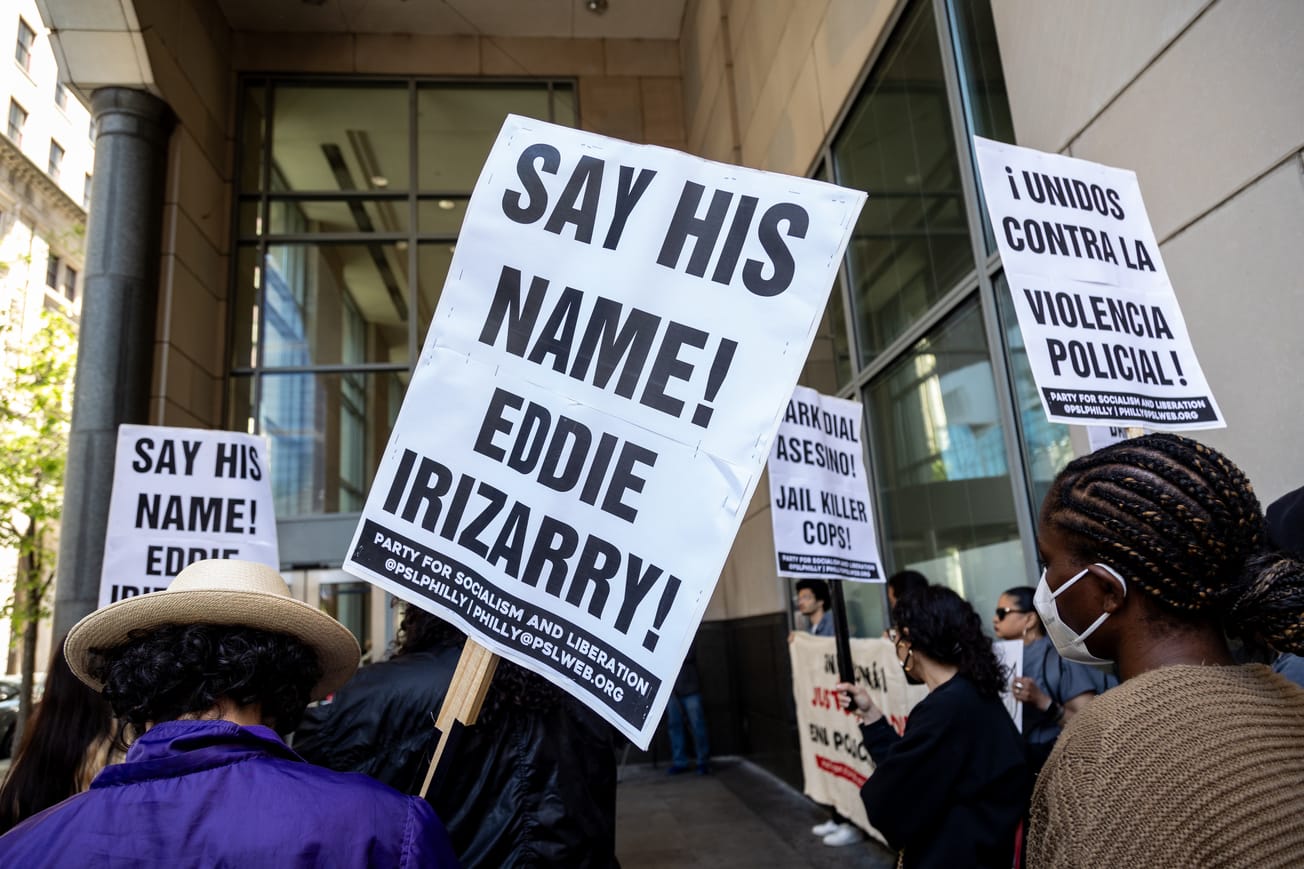City Councilmember Quetcy Lozada has introduced a bill that bans mobile service providers from residential areas and certain public spaces within the 7th District — bound by Kensington and Frankford Avenues and Monmouth Street to Allegheny Avenue.
If enacted, those who violate the policy could receive up to a $500 fine.
A second bill Lozada introduced on Thursday mandates mobile providers to clean up litter within 50 feet of their vicinity. Not doing so could lead to another fine.
According to the legislation, service providers could operate on any predominantly non-residential block and 50 feet away from schools and recreation centers. Lozada said she will work with community members and Mayor Cherelle Parker’s administration to determine “designated areas” for mobile providers.
Residents often share concerns about trash and food being left on the sidewalk from organizations offering donations in public spaces.
“This is an effort to continue to allow the mobile services that are necessary but in a way that doesn’t interfere and impact quality of life,” Lozada said. “We need to figure out how to get them to provide services in a more coordinated way.”
The bill defines a mobile service unit as any person or organization that provides services or distributes goods to three or more people while operating from a vehicle in the street or sidewalk, which can range from a food truck to Temple’s mobile care van that treats people with opioid use disorder. The legislation would not apply to emergency medical responders.
Mobile service providers “have congregated in large numbers to distribute often duplicative services in residential areas which have contributed to litter, nuisance behavior, and safety concerns,” according to a fact sheet distributed by Lozada’s office.
The legislation also pertains to people who set up tables on sidewalks, Lozada said, even though the bill doesn’t include that language .
“This is for everyone,” she said.
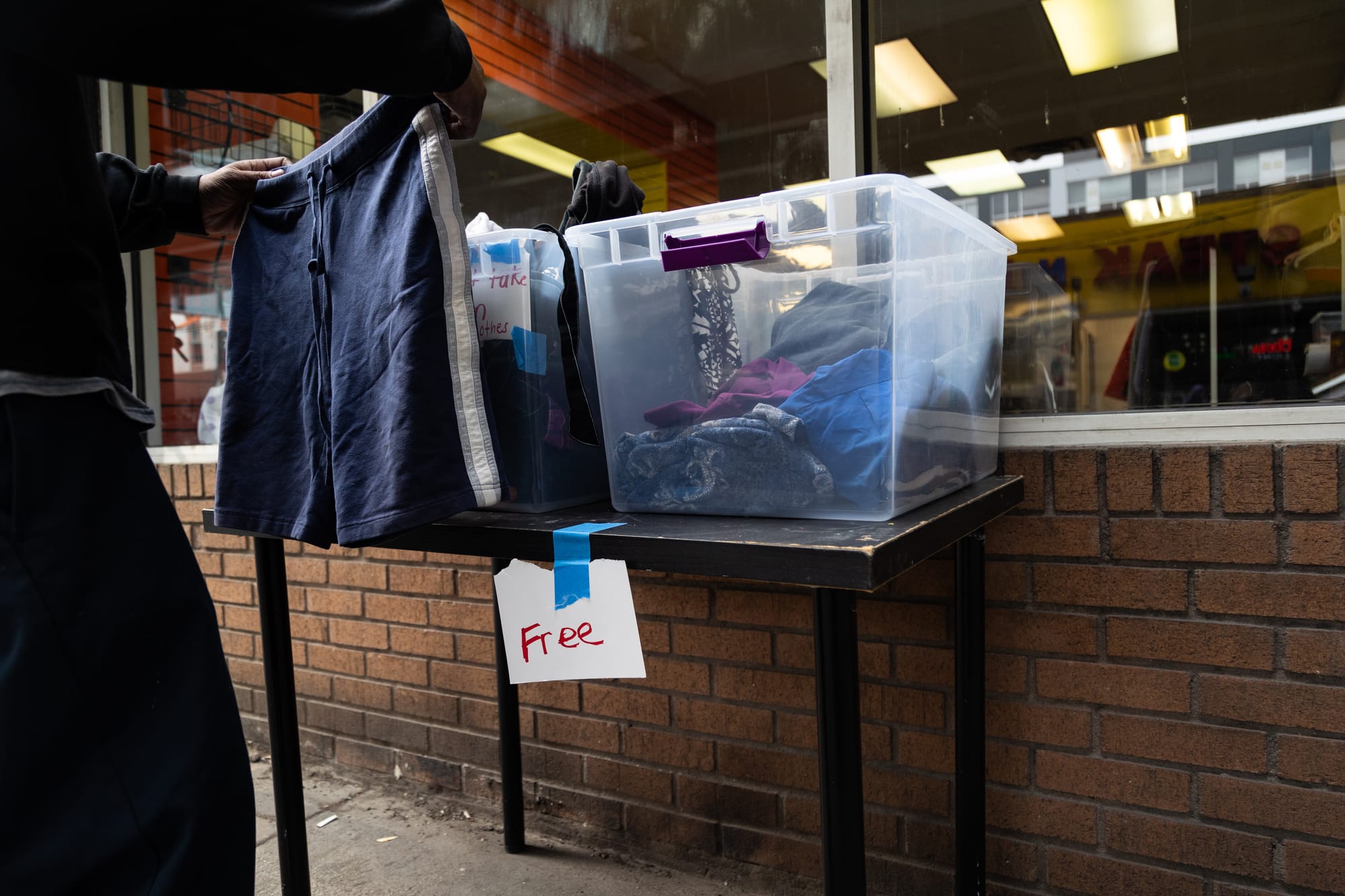
When asked if there are plans to expand the bill to other districts nearby, Lozada said her “colleagues are looking at what the possibilities are for their districts.”
Council members Lozada, Mike Driscoll (District 6), and Mark Squilla (District 1) each represent Kensington. Each of their districts intersect near Kensington and Allegheny avenues.
In an interview following Thursday’s meeting, Councilmember Squilla said he wanted to review the legislation more before signing on to it ahead of Thursday.
“I think we have a need for [these mobile services],” said Squilla, adding that sometimes there are “unintended consequences. So I think the goal would be, ‘How do we mitigate those unintended consequences, or better regulate where they go, or coordinate, so that we don’t end up with a negative impact on the community.’”
Mobile units in the Kensington area include Kensington Hospital’s wound care medical unit and Operation In My Backyard (OPIMBY), which provides harm reduction supplies, safe sex work packs, food, and the overdose reversal medication naloxone.
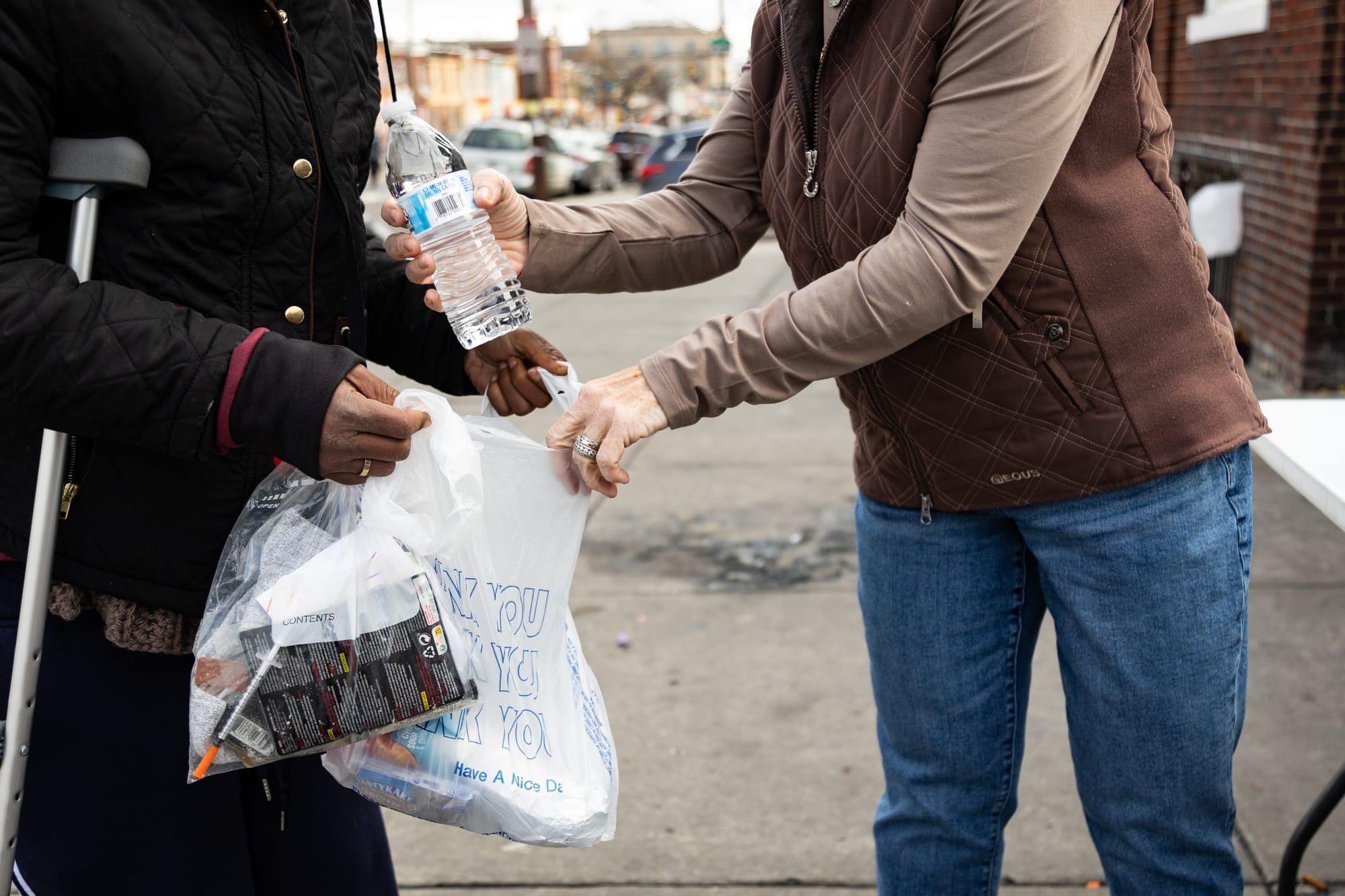
Churches commonly distribute food and other free items in McPherson Square Park and other public properties throughout the neighborhood. Rock Ministries frequently tables outside of its building on Kensington Avenue and so do several churches on Allegheny Avenue.
Harm reduction groups also distribute clothes, food, water, and overdose prevention kits, among other supplies in the neighborhood.
During the public comment portion of Thursday’s City Council hearing, two harm reductionists spoke in opposition to the legislation: Kelsey León of the Community Action Relief Project and member of the Coalition for Dignity and Treatment and Emilio Flores, a substance use disorder researcher at the University of Pennsylvania.
“We've impressed upon you again and again, that tightening services for people using drugs does damage to entire communities,” León said.
She pointed to the Kensington special committee’s hearing on barriers to treatment in July.
“If you vote for these bills, you are the treatment barriers,” she said.
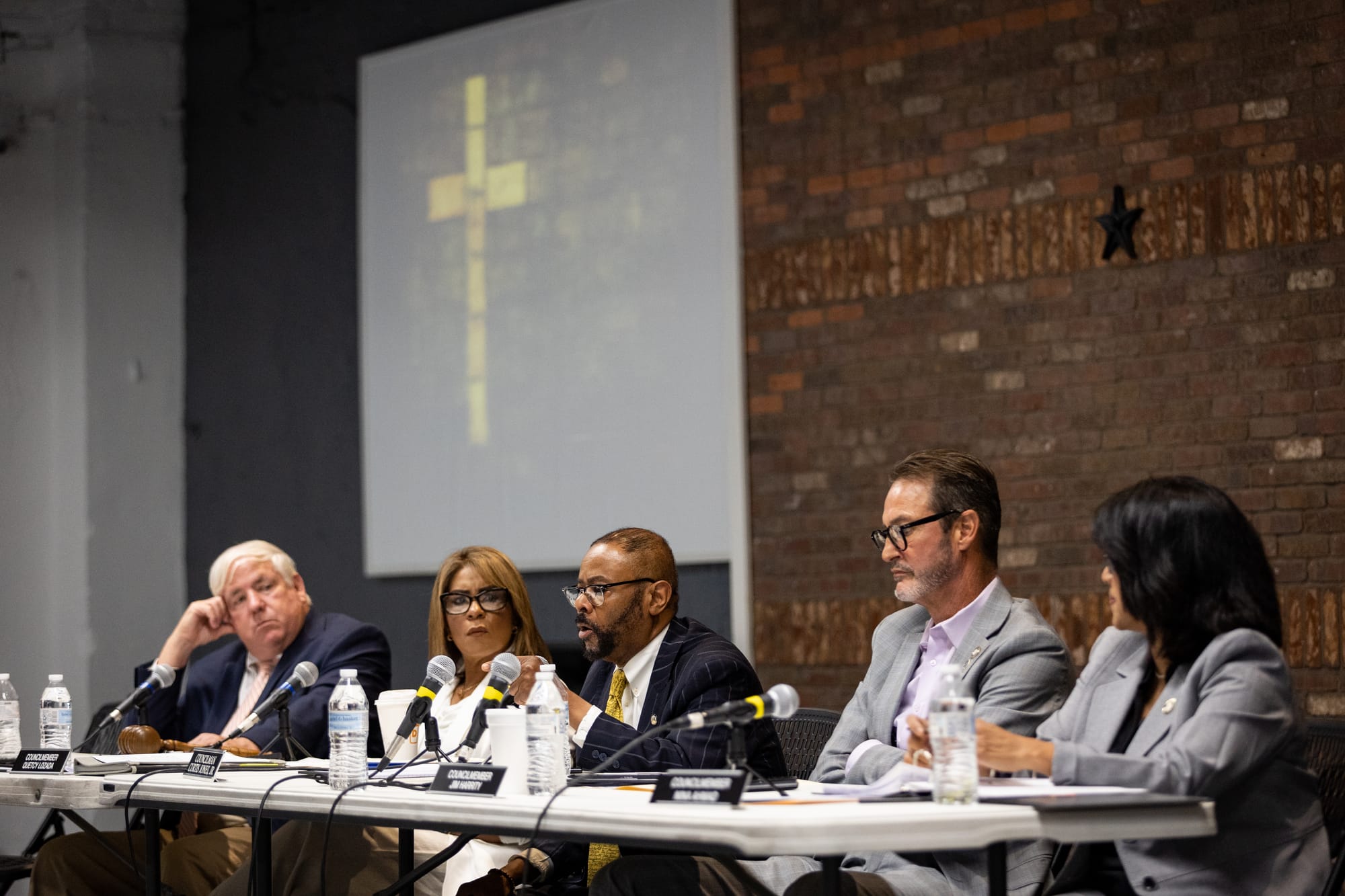
Flores said the bill is “indefensible” at a time when the local drug supply is leading to severe infections, amputations, and overdose deaths.
“Curbing these services won’t stop people from using drugs; it will merely make it more dangerous to do so,” said Flores.
Flores noted the number of people who are using wheelchairs now due to the infections they have developed and amputations from the increasingly dangerous drug supply. If care units are forced to move, Flores said “they're gonna have a hard time reaching these services.”
On Thursday night at the Harrowgate Civic Association monthly meeting, many residents expressed frustration with the city for a lack of clear, tangible solutions for the neighborhood.
Harrowgate Civic President Shannon Farrell encouraged residents to urge council members Squilla and Driscoll to support Lozada’s legislation.
“Tell [Driscoll] that we would like to support this bill and if he has an issue with it, sit down and work to fix it to address his concerns, same thing with Squilla,” Farrell said.
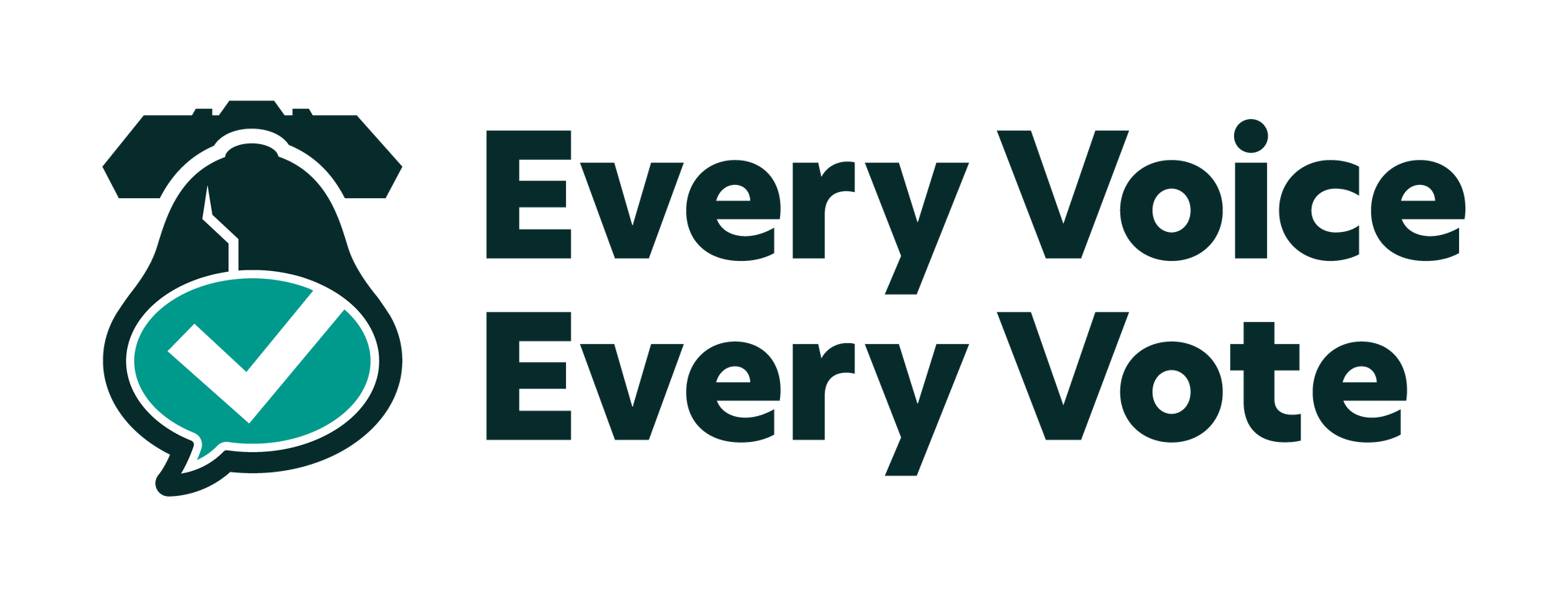
Have any questions, comments, or concerns about this story? Send an email to editors@kensingtonvoice.com.



